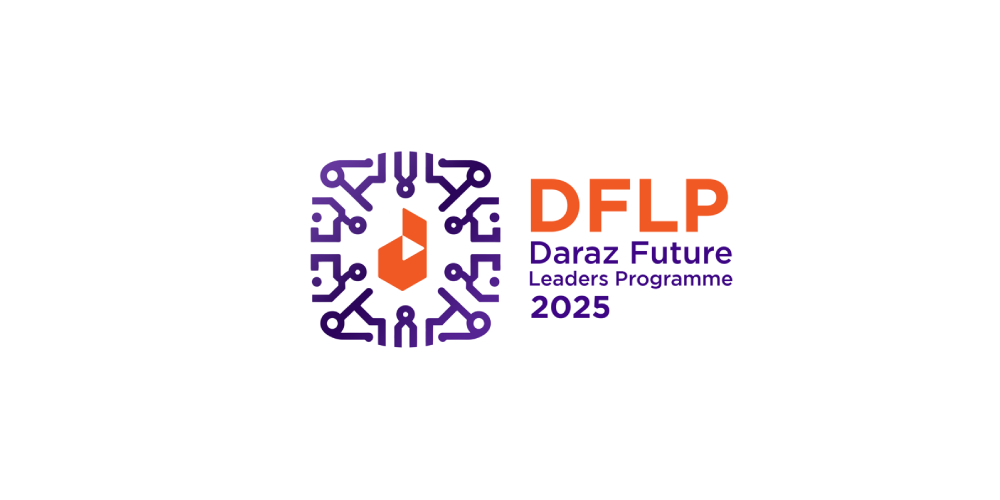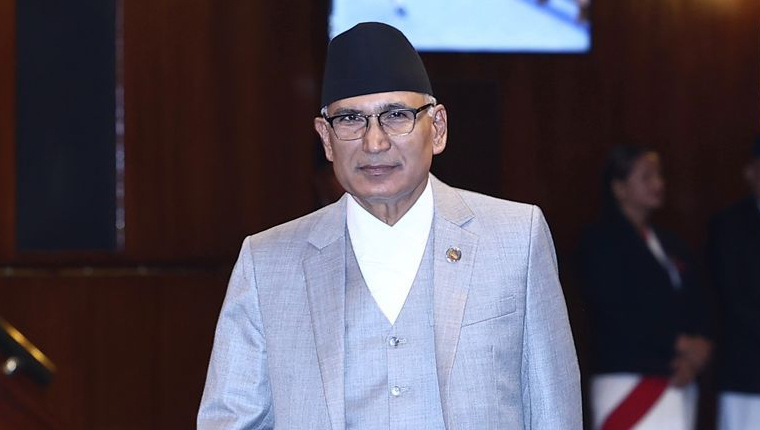Kathmandu — Nepal’s government has unveiled an ambitious and forward-looking national budget for the fiscal year 2082/83 (2025/26), with a strong focus on empowering the youth, digitizing agriculture, modernizing public services, and promoting domestic production. Finance Minister Bishnu Prasad Paudel presented the budget in the federal parliament, signaling a strategic shift towards innovation, transparency, and self-reliance.
1. Startup Boost: Loans at Just 3% for Young Entrepreneurs
In a bold step to fuel entrepreneurship among the younger generation, the government is introducing subsidized startup loans at a minimal 3% interest rate. With a budget allocation of Rs. 730 million, the initiative is built around the mantra “job seekers to job creators.” To support early-stage innovation, university-industry incubators will also be launched, specifically targeting Gen Z innovators with mentorship and infrastructure support.
2. Smart Farming: ‘Kisan App’ and SMS Alerts for Farmers
Nepali farmers are set to benefit from a new wave of digital tools. A dedicated “Kisan App” will provide real-time weather updates, market prices, and agri-input availability. Additionally, an organized SMS alert system will ensure that even farmers in remote areas can access crucial farming information. The government aims to bridge the information gap and enhance productivity through tech-led farming solutions.
3. Land Collateral and Release Now Fully Online
Say goodbye to tedious paperwork. The budget introduces a full-scale digitization of the property mortgage (roka) and release (phukuwa) process. Banks, cooperatives, and financial institutions will now handle these services online—making the system faster, more transparent, and less prone to manipulation.
4. New Welfare ID System: Families Declare Their Own Data
In a major change to the way citizens access government benefits, a new family welfare ID system will be introduced. Households will self-declare their information, which will be updated every five years. False declarations will invite legal action, ensuring accountability while simplifying access to social services.
5. ‘Make in Nepal, Made in Nepal’ Campaign Launched
Reviving the domestic industry is high on the government’s agenda. Through a new national campaign—“Make in Nepal, Made in Nepal”—the state will collaborate with private sectors to promote local products and enterprises. The initiative is expected to reduce import dependency and fuel self-sustained economic growth.






















Comments